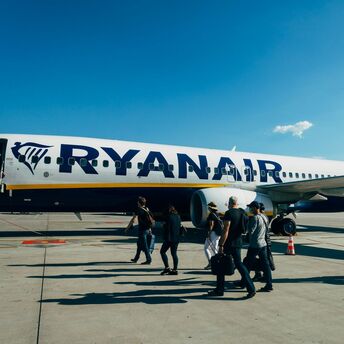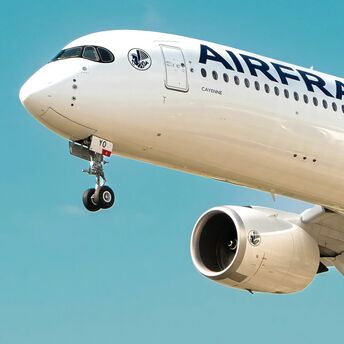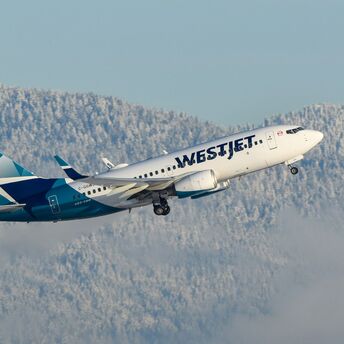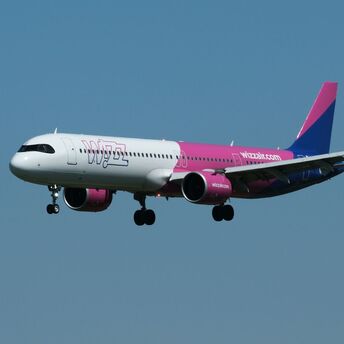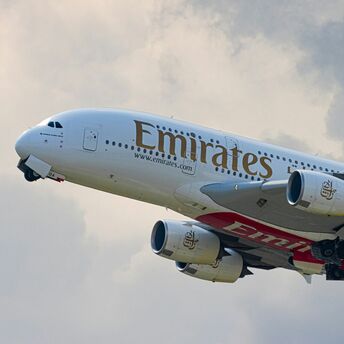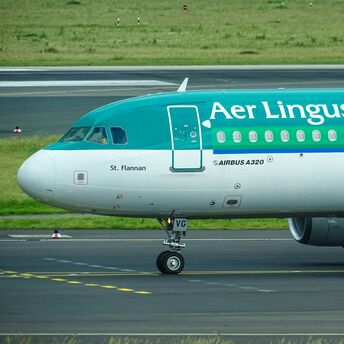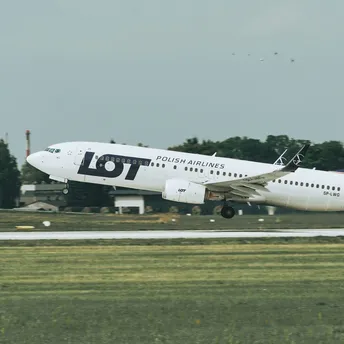EasyJet Adds New System to Cut Delays on European Routes
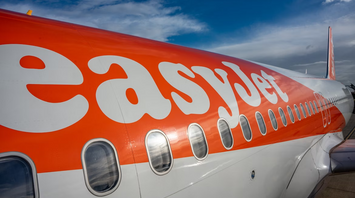
EasyJet has finalised a multi-year programme to equip part of its fleet with upgraded navigation technology. The work involved 54 Airbus A320neo and A321neo aircraft and was aimed at improving flight management in Europe’s congested airspace. The announcement, made by the airline, confirms the conclusion of planned modifications to enhance coordination with air traffic control and optimize the use of existing flight corridors.
The system, known as Future Air Navigation System C (FANS C), enables aircraft to transmit live trajectory data to air traffic controllers. This allows route and altitude changes to be sent digitally rather than by radio, reducing the potential for miscommunication. The technology is already included as standard in new Airbus deliveries to EasyJet, making it part of the carrier’s long-term fleet renewal process.
To maximise the potential of these technologies, it’s critical that airspace reform is finally delivered, and this means more direct routes to help reduce congestion and delays.
The carrier’s internal performance reviews suggest possible operational gains, such as improved schedule adherence and fewer mid-flight route changes. According to the airline, the system aims to limit holding times before landing and reduce detours, especially during periods of high air traffic. While it cannot prevent delays linked to weather or industrial action, the carrier reports that the system gives operators more capacity to react swiftly to unexpected situations during flights.
According to the airline, the upgrade is intended to contribute to environmental measures in aviation. By facilitating more direct routing, FANS C can lower fuel consumption, which in turn reduces carbon dioxide emissions. Lower fuel usage may also result in less aircraft noise in surrounding communities. These outcomes are consistent with broader initiatives within the aviation sector to improve efficiency and limit environmental impacts.
With the installation work complete, EasyJet will continue incorporating new aircraft already equipped with the system into its network. The airline states that the completed programme is one of several steps being taken to maintain punctuality and strengthen reliability across European routes. The changes are expected to contribute to more predictable operations during both regular schedules and peak travel periods.








